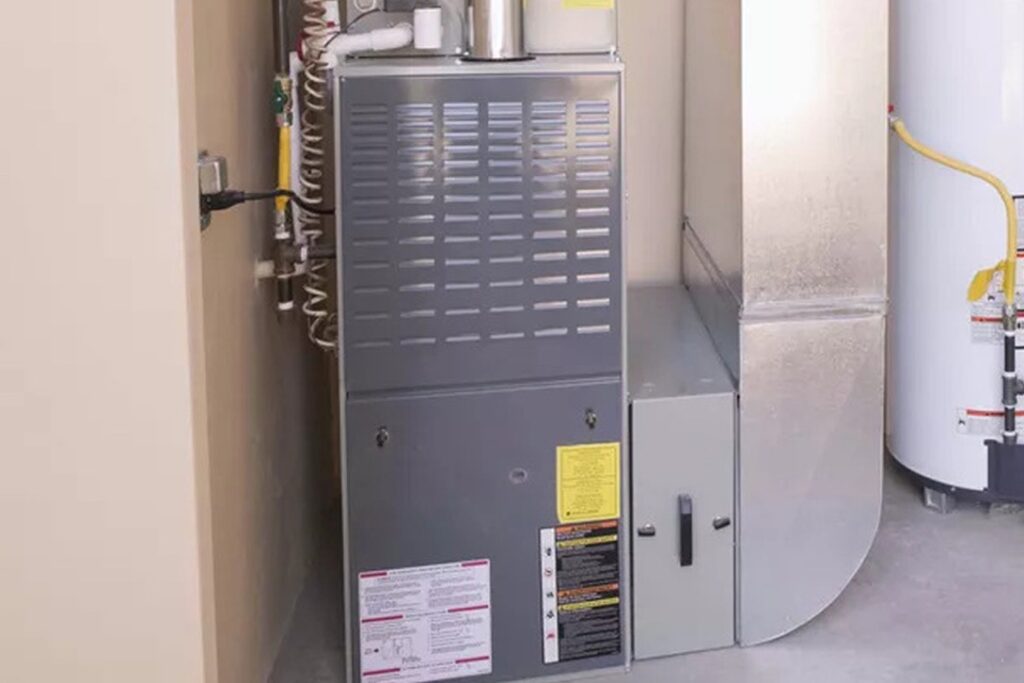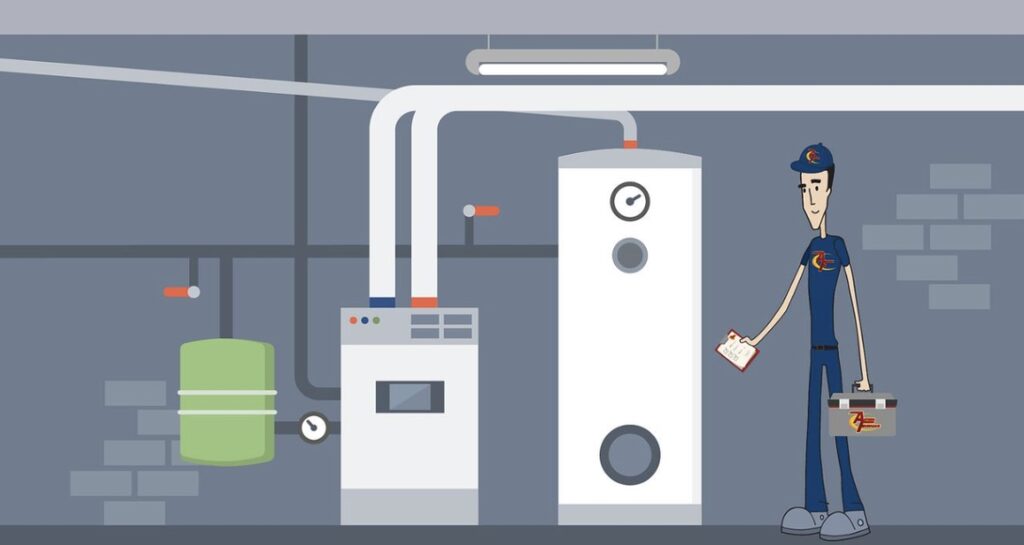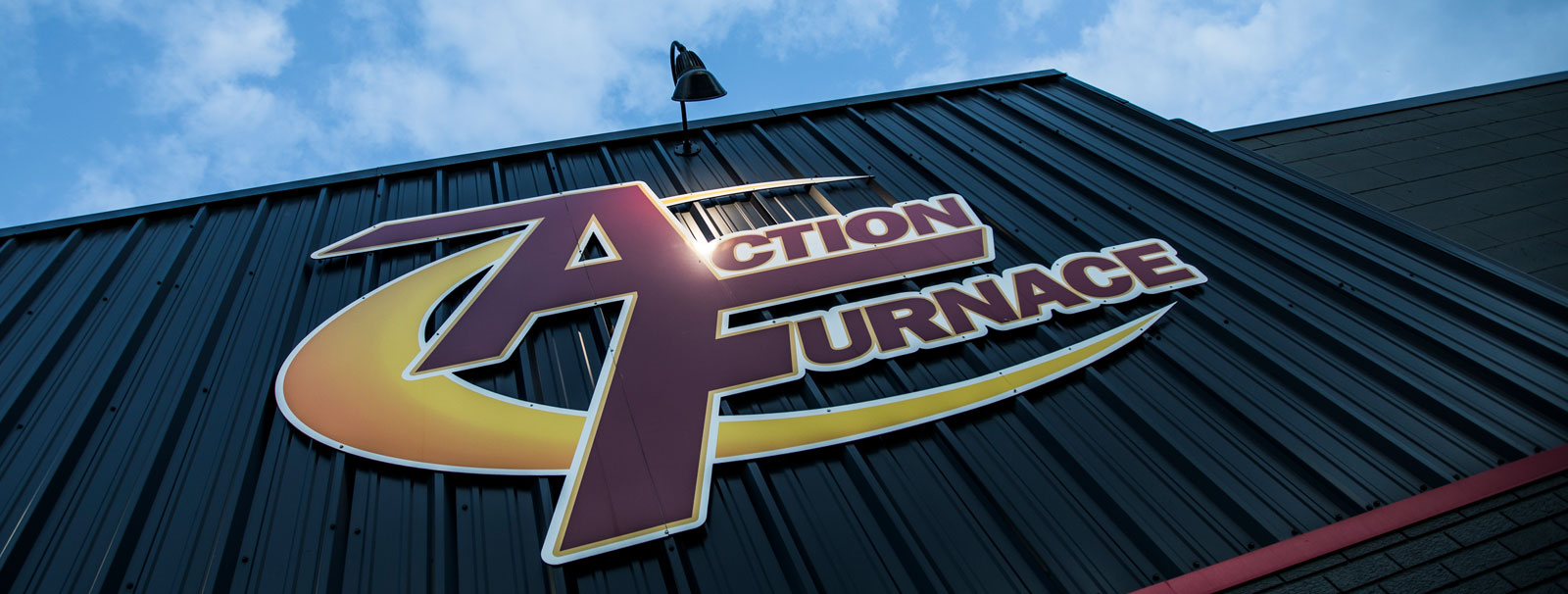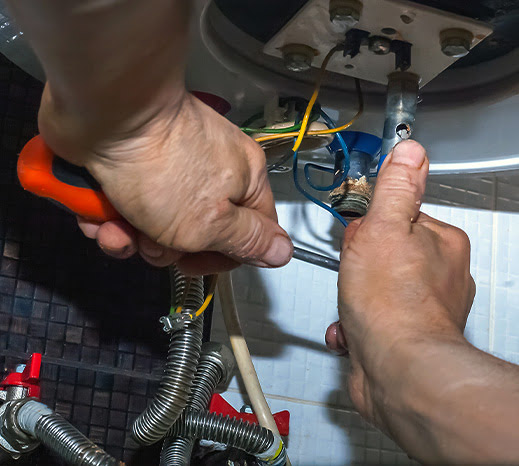Could you benefit from an electric furnace, and what should you do to keep yours functioning properly? Let the Action Furnace team teach you all you need to know about these heating systems.
...

Electric furnaces are an appealing alternative in Calgary due to their energy efficiency, reliability, and low maintenance costs. These systems use electricity to generate heat instead of oil or natural gas. Knowing more about how electric furnaces work can help you decide whether they’re right for you when it’s time to replace your current heating equipment—and Action Furnace is here to help!
We have over 30 years of experience in the heating and cooling industry, and we’re passionate about helping homeowners find the best solutions for their needs. In this blog, we’ll provide a comprehensive guide to electric furnaces, covering everything from how they operate to what kind of maintenance they need.
See Also:
How Electric Furnaces Work
While oil and natural gas furnaces are connected to a fuel source (either a gas line or oil tank), electric furnaces use your home’s electrical supply to warm the air circulating through your ductwork.
Electricity moves through a series of coils (called elements), which raises the temperature of the air around them. A blower then pushes air over the heated elements and into the ducts, which distribute the heated air through vents to warm your rooms.
The Main Components of an Electric Furnace
- Heating element: generates heat by passing electricity through a coil
- Blower fan: circulates air throughout your home’s ductwork to distribute heat
- Thermostat: controls the temperature of your heating system and determines when the heating element should turn on and off
- Control system: regulates the heating element and fan to ensure they operate as intended
- Ductwork: allows heated air to move through your home
- Return ducts: allow stale or untreated air to enter the furnace
- Supply ducts: allow heated air to move into your home’s interior

The Key Benefits of Electric Furnaces
Using an electric furnace can provide several benefits, including:
- No emissions or fumes: electric furnaces do not produce any harmful by-products, making them a relatively environmentally friendly option.
- No flue or chimney required: unlike oil or natural gas furnaces, electric furnaces do not require a flue or chimney to vent gas.
- Precise temperature control: electric furnaces offer precise temperature control, making it easier to maintain a consistent and comfortable temperature in your home.
- Easy maintenance: electric furnaces are relatively low-maintenance, since they have few moving parts and no fuel storage tank.
- Quiet operation: electric furnaces are quiet, making them a good option for homes where noise levels need to be kept to a minimum.
- Increased energy efficiency: modern electric furnaces are designed to be energy-efficient, helping to reduce energy costs and minimize your carbon footprint.

How to Maintain Your Electric Furnace’s Efficiency
Furnace service should only be performed by licensed and experienced professional technicians, but there are a few maintenance tasks you can complete on your own to keep your electric furnace efficient between tune-ups. These include:
- Changing the filters in your furnace once a month during the heating season
- Checking the batteries in your thermostat
- Dusting the area around your furnace to prevent debris from clogging the system

Make an Informed Decision about Your Home Heating Needs
Electric furnaces may be tempting for Calgary homeowners, but replacing your old heating equipment with an oil or natural gas system also has its advantages. Use what you’ve learned above to help you consider your options, and contact Action Furnace to speak with one of our helpful home heating experts if you need more advice—we’ll be happy to recommend a model that’s ideal for your needs.
Frequently Asked Questions about Electric Furnaces
When Is an Oil or Gas Furnace Better than an Electric One?
It may be better to use an oil or natural gas furnace instead of an electric one in the following situations:
- You live in an area with frequent power outages: oil or natural gas furnaces are often more reliable in areas where power outages are frequent, as they do not rely on electricity to function.
- Your home has limited electrical capacity: electric furnaces require a significant amount of electrical power to operate and if your home has limited electrical capacity, it may not be able to support the demand.
- You live in a region where electricity is expensive: in Alberta, natural gas is cheaper than electricity for many homeowners, which makes natural gas furnaces a more economical option for most homes.
- Your home already has oil or natural gas infrastructure: if your home already has an oil tank or natural gas line, it may be more cost-effective to use a furnace that utilizes this existing infrastructure rather than installing an entirely new electrical model.
How Much Does a New Electric Furnace Cost?
High-efficiency electric furnaces tend to have higher upfront costs than oil or natural gas models. The average electric furnace costs anywhere from $2,000 to $7,500, depending on the type of model you purchase and the heating requirements of your home.
Oil and natural gas furnaces usually cost less to purchase and operate, since natural gas is cheaper than electricity throughout the province. Action Furnace can provide you with an accurate estimate for a furnace that matches your home’s specific needs.
How Long Does an Electric Furnace Last?
An electric furnace can last between 15 and 20 years with proper maintenance. However, with proper maintenance and timely repairs, some electric furnaces have been known to last over 25 years. Your individual usage habits and the level of maintenance your furnace receives will have a significant impact on its lifespan.
What Kind of Maintenance Do Electric Furnaces Need?
Regular maintenance, such as annual furnace tune-ups, can help to extend the life of your electric furnace and ensure that it continues to perform properly. Our furnace maintenance packages include:
- A full inspection of your ventilation system
- Optimizing your thermostat settings
- Checking your furnace’s wiring
- Checking your furnace’s heat exchanger
- Inspecting small components like your blower fan and control system



